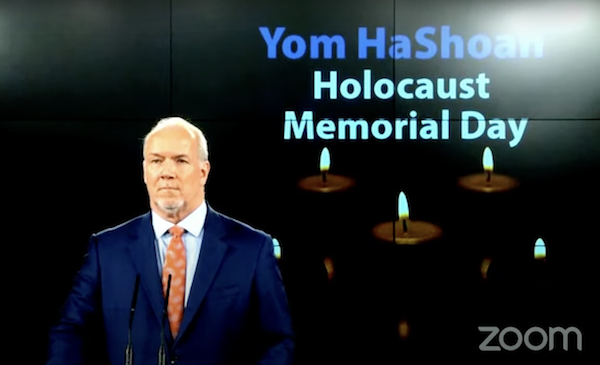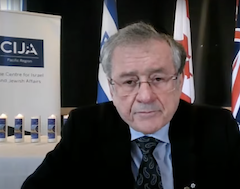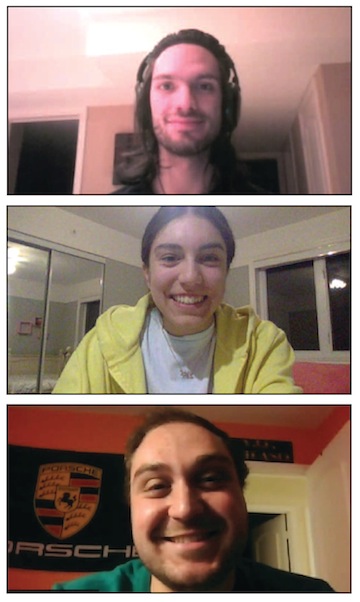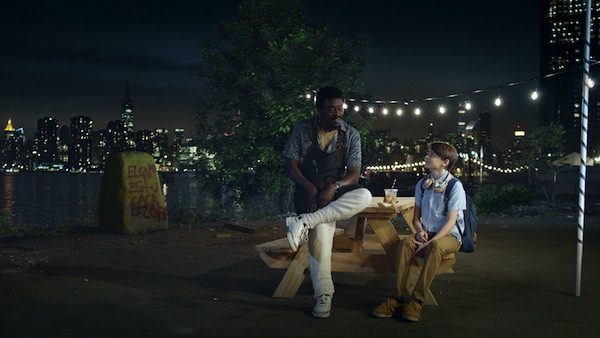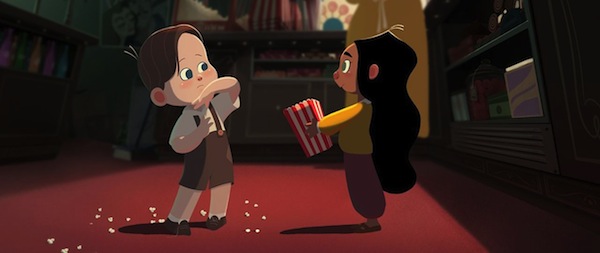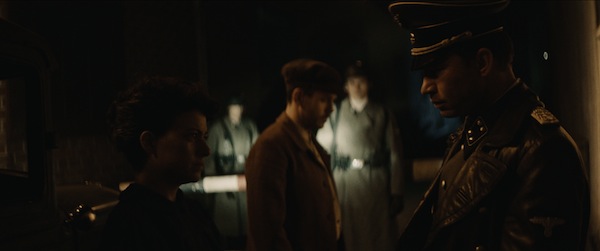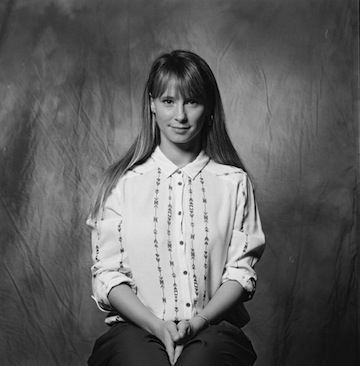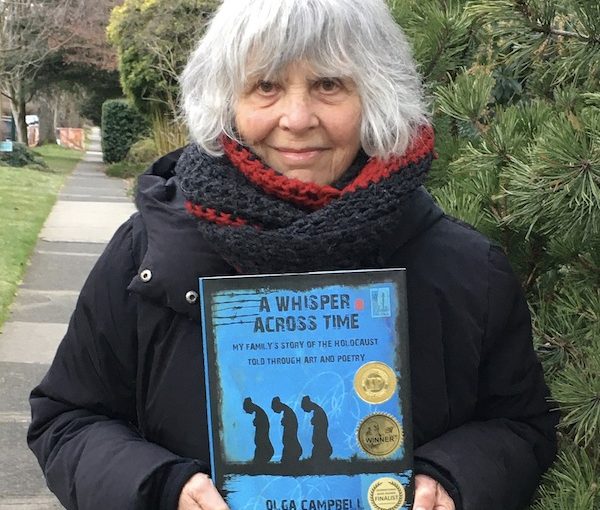The administration of U.S. President Joe Biden released its National Strategy to Counter Antisemitism recently. Unveiled by First Gentleman Doug Emhoff, Jewish husband of Vice-President Kamala Harris, the strategy rests on four main pillars: to increase awareness and understanding of antisemitism, including its threat to America, and broadening appreciation of Jewish American heritage; to improve safety and security for Jewish communities; to reverse the normalization of antisemitism and counter antisemitic discrimination; and to build cross-community solidarity and collective action to counter hate.
Canadian officials at the federal and provincial levels have also convened summits on the subject and introduced a range of strategies and programs to confront the problem. This recognition at the highest levels is crucial. As antisemitism has increased in North America and Western Europe, elected officials have overwhelmingly, with some notable exceptions, said and done the right things.
In his remarks at the launch of the U.S. strategy, Emhoff called for a “whole-of-society” approach to the problem. And this short reference is vital. Governments have been grappling with the rising problem of antisemitism and some other allies, organizations, antiracism activists and commentators have addressed it, but there is not a larger societal conversation about it.
We have not seen much discussion of antisemitism beyond the Jewish community the way we have seen contemporary popular engagement with, for example, anti-Black racism, as witnessed through the Black Lives Matter movement; women’s equality, as addressed through many approaches, including #MeToo; and Indigenous issues, most recently in Canada with the Truth and Reconciliation Commission.
The arc of the moral universe is long, but it bends toward justice, as Martin Luther King Jr. said. There has been hard-won progress in the six decades since the milestones of the Black Civil Rights Movement. But, sadly, most white people only became more engaged in recent years, as outrage over police-involved shootings and similar injustices became top stories. These spurred conversations at dinner tables, in work lunchrooms, boardrooms and among friends.
We have seen similar leaps forward in awareness and discussion around issues faced by Indigenous peoples in Canada, and those exchanges have likewise taken place at the person-to-person level, involving Indigenous and non-Indigenous people, but also as importantly, between non-Indigenous people themselves.
The #MeToo movement and a greater openness to talking about violence against women and gender equality are other cornerstones of social change in the past few generations.
Perhaps no single example of progress is more stunning than attitudes toward LGBTQ+ people, which has gone from literal criminal prohibition to a level of social acceptance in less than a single average lifetime. This, too, is a result of connecting at the personal level. Legislation and leadership from elected officials, clergy, journalists and commentators and other thought leaders have been important. But the thing that has the most power to change hearts and minds is hearing personal stories from people affected and hashing out moral questions among friends.
While other forms of discrimination and bias have been confronted to varying degrees, antisemitism is on a precarious upswing, but the public dialogue has yet to begin.
There is no single explanation for why this is so, but one undeniable characteristic of antisemitism is the trope of “Jewish power.” In the simplest formulation, if Jews are powerful, why would activists and antiracism advocates devote resources to this cause? This is especially true in the context of the larger discussion on race currently taking place, which emphasizes power versus powerlessness.
There are other reasons. Canada’s Jewish community is comparatively tiny and overwhelmingly concentrated in Toronto and Montreal. People in other parts of the country might not know many Jews – and knowing members of a minority community has been shown to be the likeliest prerequisite to overcoming prejudice (though it is by no means foolproof, of course).
Another factor is that, even for non-Jews who know Jewish people, those Jews may not be comfortable opening up about discrimination and oppression they have faced. Too often, Jews have been told, implicitly or explicitly, that they are not disadvantaged but privileged, that the Jewish people’s time as the victim du jour is passed. Complicating the discussion is the chasm of miscommunication and misunderstanding between Jewish and non-Jewish Canadians on issues relating to Israel and the centrality of the cradle of Jewish peoplehood in the hearts of nearly all Jews, regardless of affiliation, ideology or other differences.
As is the case with other minority groups, it should not be left to Jewish people to fight the discrimination against them and its associated manifestations. But it is, for the most part. Jews need to be prepared to start these conversations, and this involves educating ourselves, so that we can better articulate what are often painful and vulnerable personal relationships with discrimination.
Governments and Jewish agencies are doing what they can to confront antisemitism. Ordinary people, chatting with friends and colleagues, need to help bring this work to an interpersonal level. In an environment where Jewish experiences with discrimination are often actively mocked, this is a tall order. But it is even more reason we need to share our experiences and ideas more broadly – to start more discussions.

